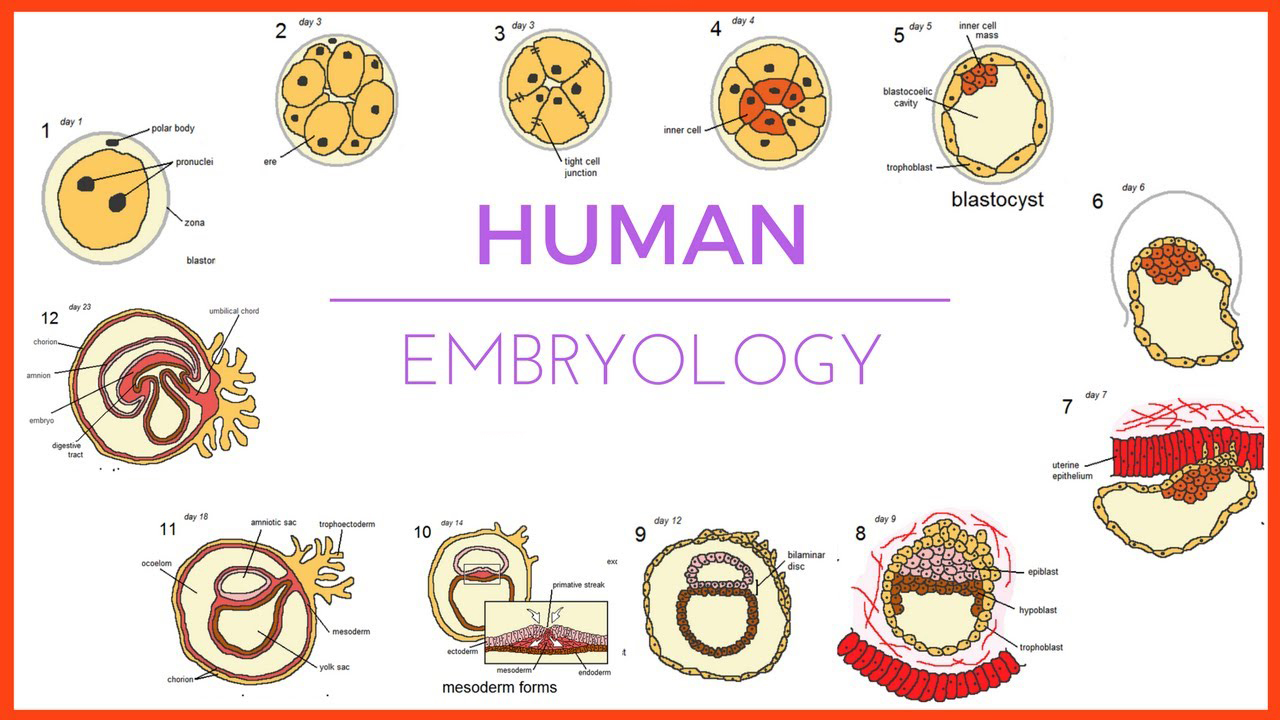Infertility is a common problem throughout the world .It is the inability to produce a child; the reasons may be health problems or due to some genetic disorder. In such cases couples opt for IVF (In Vitro Fertilization ).The couple may have to spend lot of money and time for it. Sometimes these procedures may turn out to be fruitless. So the main thing is that those who are taking such treatment should understand the importance of each tests and procedures they are undergoing.
Medical language is Greek to common people. The doctors speak in acronyms and the patients find it difficult to understand. There are some Genetic testing which helps in successful pregnancy. They are PGT-M (PGD) and PDS. Both these tests are done on embryos in the Embryology lab . It is not mandatory that each and every patient who are undergoing IVF Treatment should take these tests. To decide whether one should take these tests; the patient should have deep understanding of its pros and cons.
PGT-A (PGS) -Preimplantation Genetic Testing is also known as CCS (Comprehensive Chromosome Screening ).This test is done prior to embryo transfer. Single cell is removed from embryo and analysed for genetic disease and chromosome disorders. The number of chromosomes are analysed. A normal embryo consist of 46 chromosomes; chromosomes lesser than or than 46 results in an abnormal embryo. But the real question is who really needs to take PGT-A (PGS) testing?
Some of the cases are :
- Normal embryo is necessary for the proper health and development. As one ages, there are more chances for abnormal embryo and the channces for miscarriage increases.
- Those who have had many miscarriages for no apparent reason.
- A single women patient who produces with a donor sperm .
- A same-sex male couple who will use a surrogate mother to produce their offspring.
- The couple who have reached their middle age are at risk.This tests helps them to select embryo for transfer to the uterus. So that healthy disease free babies are born.
- Helps in sex selection of the baby.This is offered to couples who already have one child.
Also Read: THE MORAL SIDE OF GENETIC TESTINGS
The Merits of PGT-A (PGS) are:
- To find the embryo that is most suitable for pregnancy.
- Detects Disorders like Down Syndrome ,Turner Syndrome and Trisomy 13.
- It can detect chromosomal translocation and single gene disorders such as Cystic Fibrosis, Taysachs,Fragile X, Myotony Dystrophy and Thalassemia.
PGT-M (PGD)-Preimplantation Genetic Testing :
Here too the embryos are screened to check whether they are normal or abnormal. The main goal is to identify abnormal chromosomes so that they will not be transferred to uterus. So we should know it’s effects Some of the cases are :
- It can be carried out on any couple with recurrent pregnancy loss or infertility.
- This test can be done on those couples who thinks they are carriers of genetic disorders.
- Some times the couples may be perfectly healthy but carriers of genetic disorders.
- Young couple whose first child is born with genetic disorder and is hoping for a perfectly healthy second child.
Benefits of PGT-M (PGD):
- Helps in the birth of a healthy child and also find the reason for pregnancy loss.
- Stops the transfer of genetic disorder from one generation to other
The Demerits of PGT-A (PGS) and PGT-M (PGD):
- It can cause the risk of biopsy or Freeze Harming of Embryo
- False results may lead to the discarding of healthy embryos
- These test do not reveal all possible genetic diseases so an healthy baby is not guaranteed from a tested embryo.
Well,Just like the two sides of coin there are merits and Demerits to every developments in Science. It is up to the person which side you use
